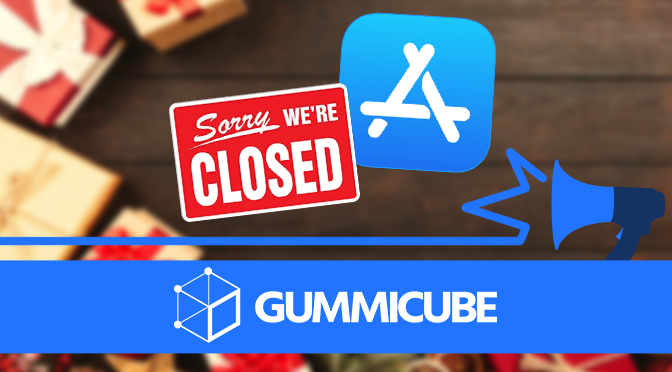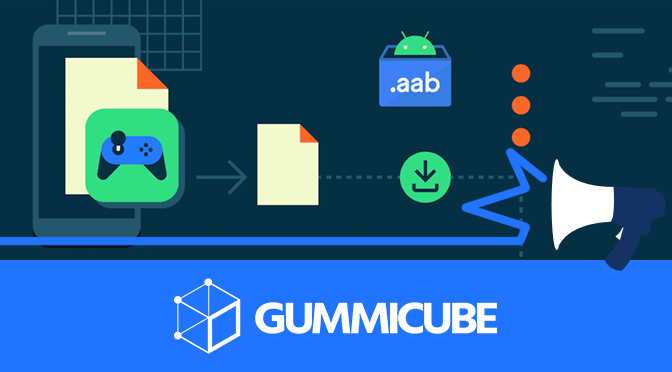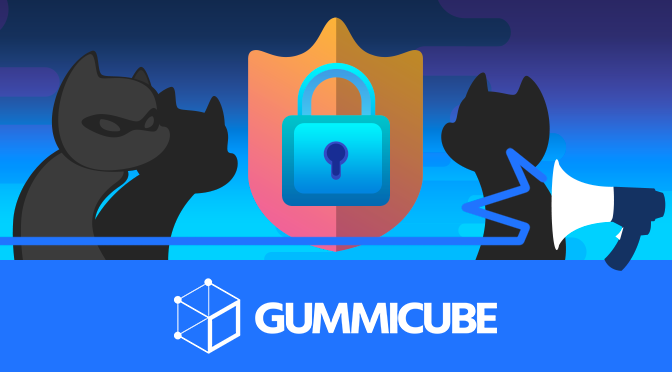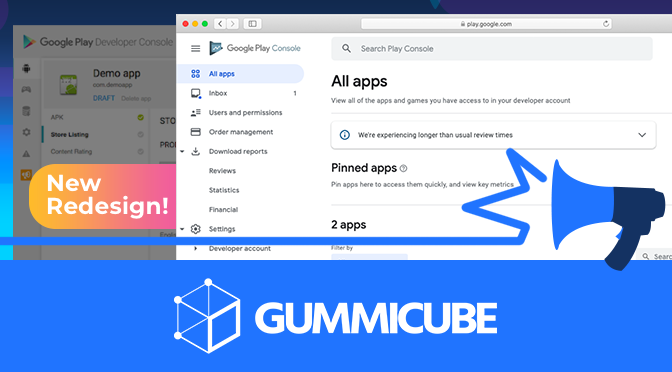
App Store Holiday Schedule 2020
Posted on November 23rd, 2020
When is the App Store Holiday Schedule 2020? Learn about the dates of this year's shutdown and how to prepare.

The Google Play Store has recently undergone new updates designed to help developers reach users and monetize their apps. These changes can help improve user engagement, app distribution and managing subscriptions. Developers with apps available on Google Play should be aware of what this means and how it can help their App Store Optimization.
Google has released a number of updates for Google Play recently, including:
While the Play Pass expansion and new subscription policies have been previously announced, there is still important news for app developers.
The beta tests for the new Google Play Developer Console launched a few months ago, and Google is receiving valuable responses. Following developer feedback, Google has added new features, including:
The new user features include tools to help developers monitor trends, evaluate the impact of their changes and find new opportunities for optimization. App developers can draw on these trends and analyses to further improve their ASO on the Play Store.
Developers can see how their performance changes over time, track reacquisitions of returning users and analyze multiple dimensions at once. Additionally, Google is adding peer comparison benchmarks so developers can see how their app is performing compared to their competitors.
These tools are all useful for App Store Optimization. Monitoring trends both for their apps and in the store in general is important for creating an informed optimization strategy, while tracking the success of updates is key for identifying success.
Google released a video covering the full usage of the new performance monitoring tools, which you can watch here:
https://www.youtube.com/watch?v=NgtWIp4ZX6g#action=share
Ratings and reviews are important for an app to grow. Positive reviews can help improve one’s rankings in the Play Store, while negative reviews can pull an app down. This is why reputation management is important.
Google has added a new in-app review API to the Play Core Library. Developers can set prompts for user reviews and users can provide feedback without needing to leave the app.
The review prompt can be triggered at any time, but developers are advised to set it to trigger after the user has experienced enough of the app to provide useful feedback and at a non-interruptive point.
These prompts can help bring in more user reviews by appearing at opportune moments. Users can simply tap the number of stars they want to rate the app and write any feedback for reviews, then resume using the app without needing to open or close anything else.
The API also limits how often users can be shown a review dialogue to prevent overwhelming and frustrating them with excessive prompts.
Google’s Android App Bundles are helpful tools for releasing apps and mobile games. Google has improved app bundles with new features:
New apps will need to publish with the Android App Bundle in the second half of 2021, so developers should take this opportunity to see how they can make use of it.
The bundles and Play Asset Delivery should help users download apps quickly, improving usage and minimizing complaints of apps taking too long to download or too much disk space.
These new updates and API can be beneficial for Android app developers and their App Store Optimization.
The console updates will provide more insights and analysis to assist with the optimization process and tracking success, while the review API and App Bundle enhancements can help ensure user satisfaction and efficiency.
Developers will want to make the most of these opportunities. Ensuring users are satisfied and analyzing your metrics is important for developing an actionable App Store Optimization strategy, so developers should begin preparing their apps accordingly.
Want to learn more about App Store Optimization? Contact Gummicube and we’ll help get your strategy started.

When is the App Store Holiday Schedule 2020? Learn about the dates of this year's shutdown and how to prepare.

Apple's App Store Guidelines have strict privacy requirements. Developers now must provide information to users on the App Store listing regarding the data they access.

The Google Play Developer Console has been updated with a new design and adjusted tools. What's different, and how will it impact App Store Optimization?